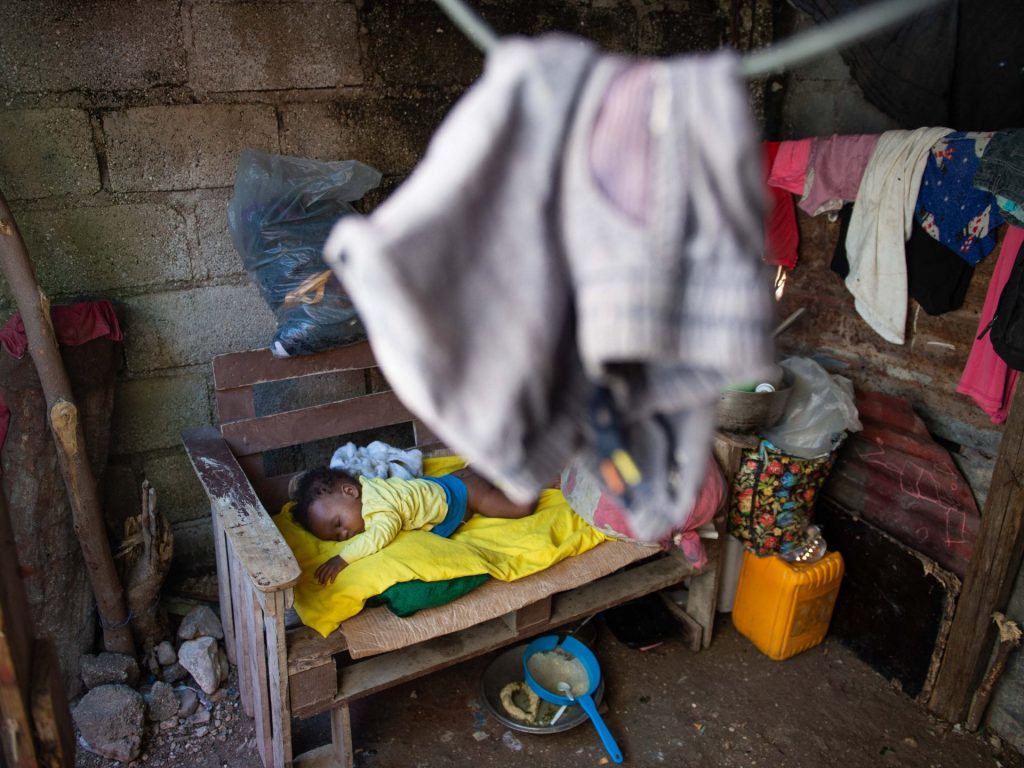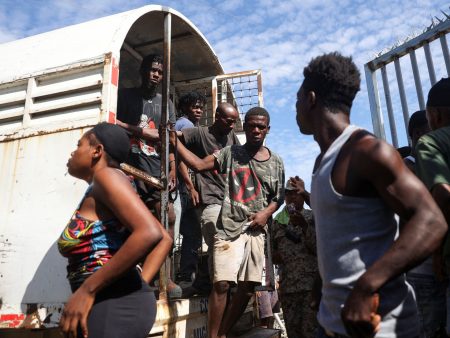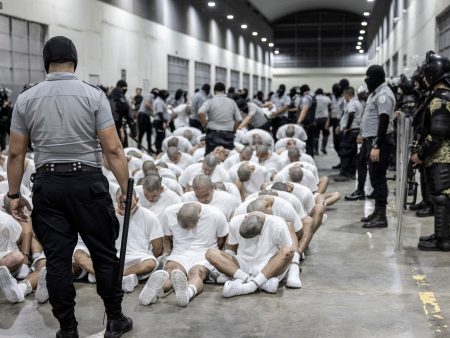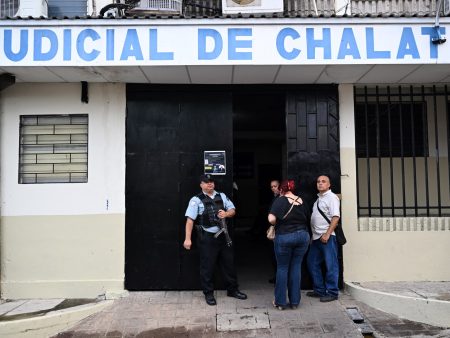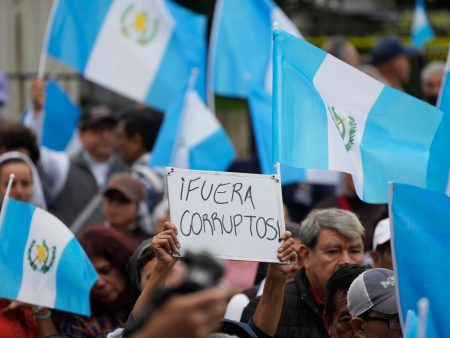The escalating gang violence in Haiti has triggered a massive displacement crisis, forcing over one million people, more than half of whom are children, to flee their homes in the past year. This represents a threefold increase in the displaced population compared to the previous year, painting a stark picture of the deteriorating humanitarian situation. The capital, Port-au-Prince, has been particularly hard hit, experiencing an 87 percent surge in displacement due to relentless gang activities, the collapse of essential services, especially healthcare, and worsening food shortages. The International Organization for Migration (IOM) has highlighted the severity of the crisis, emphasizing that these figures represent individuals who have often been displaced multiple times, trapped in a cycle of violence and instability. The data underscores the urgent need for sustained humanitarian intervention to alleviate the suffering of these displaced populations.
The alarming surge in displacement is directly linked to the unchecked violence perpetrated by armed gangs that have effectively seized control of large swathes of Port-au-Prince. The past year has witnessed a horrifying escalation in gang-related deaths, exceeding 5,600, with thousands more injured or kidnapped. This reign of terror has forced communities to abandon their homes in search of safety, placing immense strain on already overburdened host communities and makeshift shelters. The IOM reports that the vast majority, 83 percent, of displaced Haitians are relying on the generosity of friends, family, and acquaintances, further stressing limited resources. The remaining displaced individuals find themselves in precarious conditions in makeshift sites, the number of which has also seen a significant increase. This precarious existence exposes them to further risks, including disease, malnutrition, and further violence.
The cycle of displacement and violence is exacerbated by underlying factors, including the collapse of essential services, particularly healthcare, and escalating food shortages. The inability to access basic necessities, coupled with the constant threat of gang violence, creates a desperate situation for families, especially those with children. The disproportionate impact on children, who constitute over half of the displaced population, is particularly concerning. They are exposed to trauma, exploitation, and the disruption of their education, jeopardizing their future and contributing to a long-term humanitarian crisis. The influx of deportees, estimated at 200,000 last year, adds another layer of complexity to the crisis, placing additional pressure on the nation’s already fragile social services.
Despite the deployment of a Kenyan-led police support mission, backed by the United States and the United Nations, the violence continues to escalate. The failure of these efforts to curb gang activities highlights the deep-seated nature of the problem and the need for a more comprehensive and sustained approach to addressing the root causes of the violence. The Haitian government, supported by regional partners, has urged the UN Security Council to authorize a full-scale peacekeeping operation, recognizing the need for international intervention to restore order and security. However, this proposal faces opposition from Russia and China, permanent members of the Security Council, who favor strengthening the Haitian police force instead.
The ongoing debate within the UN Security Council underscores the political complexities surrounding the crisis in Haiti. While some argue for a robust international peacekeeping force to address the immediate security concerns, others advocate for a more localized approach focused on capacity building within the Haitian police. This divergence of opinion delays critical action, leaving the Haitian population vulnerable to ongoing violence and displacement. The international community must find common ground to address this urgent crisis, ensuring the safety and well-being of the Haitian people, particularly the vulnerable displaced population, including the significant number of children.
The humanitarian situation in Haiti demands immediate and sustained attention from the international community. The escalating violence, coupled with the collapse of essential services and a growing food crisis, has created a perfect storm, forcing over a million people, predominantly women and children, to flee their homes in search of safety. The current level of support, including the Kenyan-led police mission, has proven insufficient to stem the tide of violence and displacement. The international community must move beyond short-term solutions and address the underlying causes of instability, promoting good governance, strengthening institutions, and investing in long-term development to create a more secure and prosperous future for Haiti. The lives and futures of over one million displaced Haitians, especially its children, hang in the balance.




